New Tarpon Regulations Approved for Florida Waters!
Tarpon: “Megalops atlanticus”
The Florida Fish and Wildlife Conservation Commission recently voted to approve new regulations classifying tarpon and bonefish as catch-and-release-only in State Waters.
Gear Requirements:
- Legal Gear: hook and line, seine, cast net (NEW: Gear will be hook and line only starting Sept. 1, 2013)
- Snagging, snatch hooking and spearing is prohibited (NEW: The use of a multiple hook in conjunction with live or dead natural bait will be prohibited starting Sept. 1, 2013)
NEW: Effective Sept. 1, 2013, tarpon will be a catch-and-release only fishery. One tarpon tag per person per year may be purchased when in pursuit of an International Game Fish Association (IGFA) record. Vessel, transport and shipment limit will be one fish.
New Management Update:
The FWC Commission approved several changes to how tarpon is managed at the June 2013 meeting in Lakeland. These changes will go into effect Sept. 1, 2013, and include:
- All harvest of tarpon will be eliminated, with the exception of the harvest or possession of a single tarpon when in pursuit of an IGFA record and in conjunction with a tarpon tag.
- Tarpon tags will be limited to one per person, per year (except for charter boat captains).
- Transport or shipment of tarpon becomes limited to one fish per person.
- One fish per vessel limit is created for tarpon.
- Gear used for tarpon will be limited to hook-and-line only.
- People will be allowed to temporarily possess a tarpon for photography, measurement of length and girth and scientific sampling, with the stipulation that tarpon more than 40 inches must remain in the water.
- Tarpon regulations will extend into federal waters.
- Tarpon tag cost will remain $50 per tag but tag validity will change from July through June to January through December. Tags purchased from July 1 through Dec. 31, 2013, will be good through Dec. 31, 2014.
-
Prohibit the use of a multiple hook in conjunction with live or dead natural bait to harvest or attempt to harvest tarpon
Personally, I have a hard time understand the need for most of these new regulations for several reasons: The fact that a Tarpon has no food value means there is almost no commercial or recreational harvest of this fishery as it is. This means the average person has no reason to keep a tarpon and would not spend the $50 for a tag to make it legal anyway. Why does a fish that goes virtually unharvested, need to be protected….from harvest? Additionally, what does this mean for species that are being harvested?
I feel that given the naturally, extremely limited harvest by sportsmen, the Tarpon should have no problem maintaining its population without further regulations placed on the fishery. If there are some other factors that are affecting the population then that would be another matter but I am unaware of any problems or reports of declining numbers of Tarpon.
While I truly do enjoy doing battle with a big Tarpon, most of the new regulations do not seem necessary or appear that they would provide any significant benefits that the Tarpon are not already enjoying.
See ya on the water!
Larry S.
Larry Stephens with Tarpon caught off Flagler Beach in 2011.
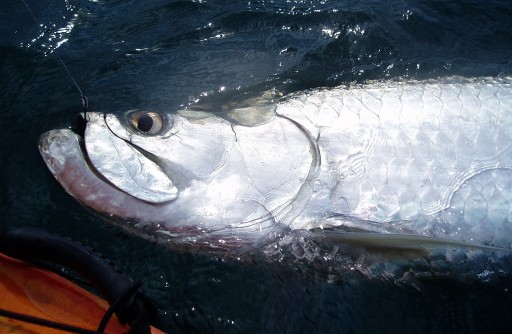
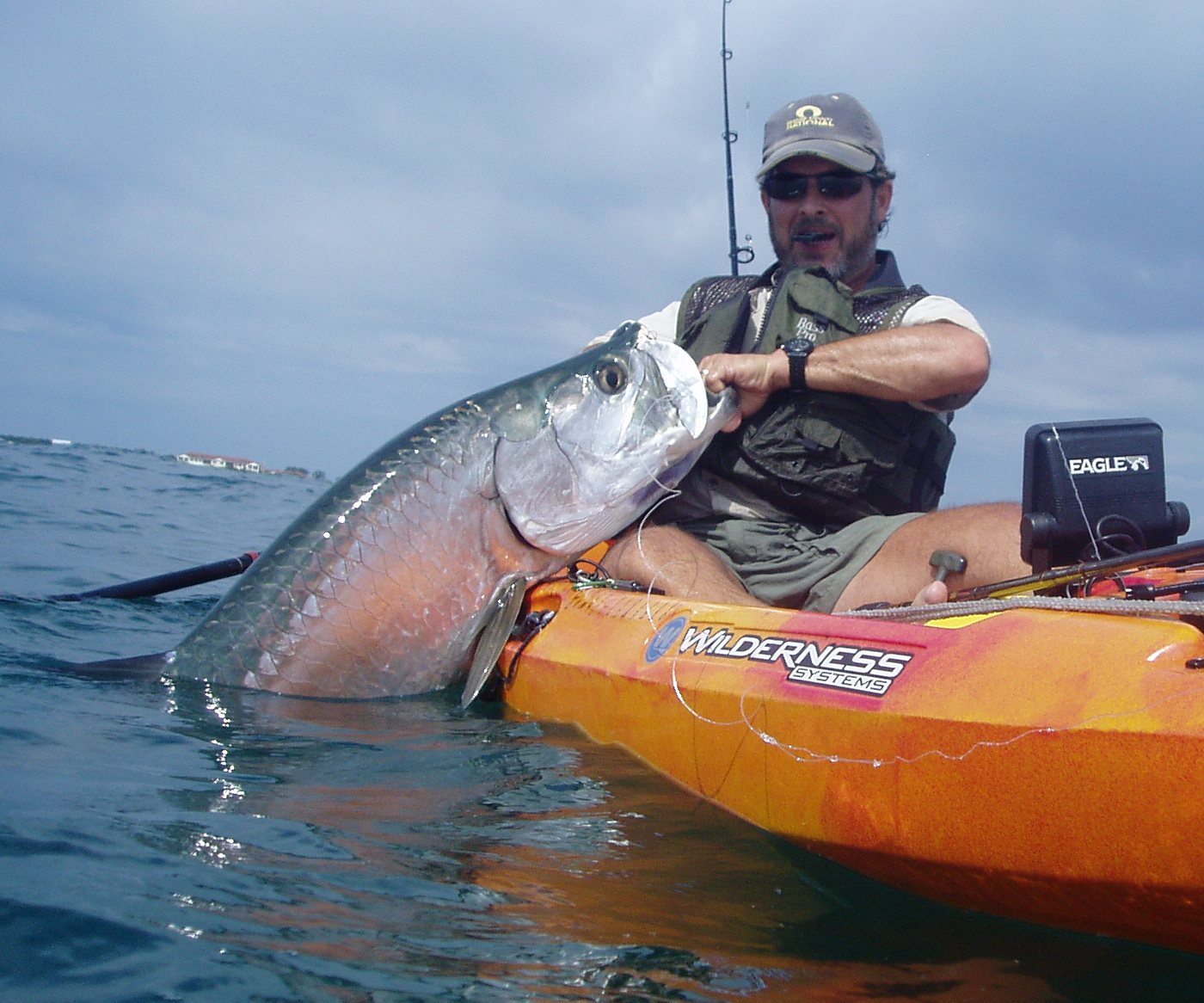
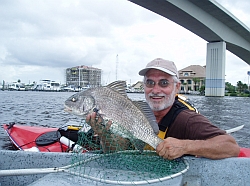
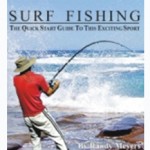
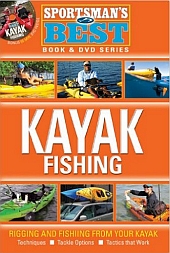
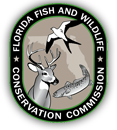

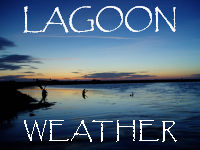
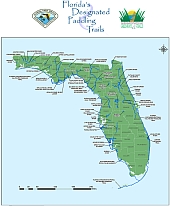
Leave a Reply